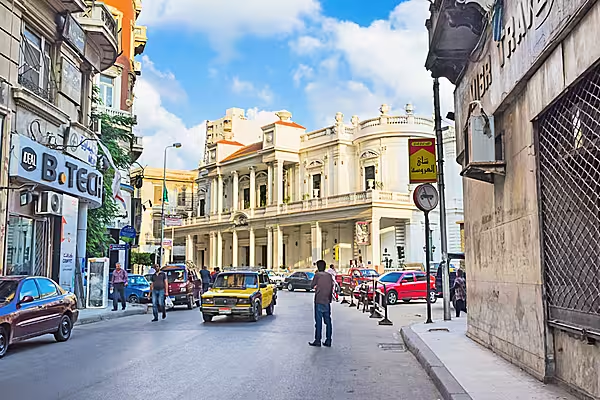Egypt’s urban consumer prices rose the fastest in at least six years in December, fueled in part by a 28.3 percent increase in food costs following the central bank’s decision to abandon currency controls two months ago.
Annual urban inflation accelerated to 23.3 percent in December, while the monthly rate quickened to 3.1 percent, according to the state-run statistics agency, CAPMAS. The monthly rate decelerated from 4.8 percent in November.
The annual rate was the highest since Bloomberg started tracking the data in 2010. The government said the Nov. 3 decision to free the exchange rate and raise fuel prices was imperative to revive the economy, but it was also expected to boost inflation. Economists had forecast annual consumer prices would rise more than 20 percent by the end of 2016.
The reforms, which helped the nation finalize a $12 billion International Monetary Fund loan, have created new hardships in the country of 92 million people, about half of whom live near or below the poverty line. The pound has lost more than half its value in a slide that officials have said is temporary and to be expected until a market equilibrium is achieved.
The flotation has allowed the banks to again step in and make hard currency available, in effect ending a dearth of dollars that had crippled business activity, officials have said.
News by Bloomberg, edited by ESM. To subscribe to ESM: The European Supermarket Magazine, click here.











